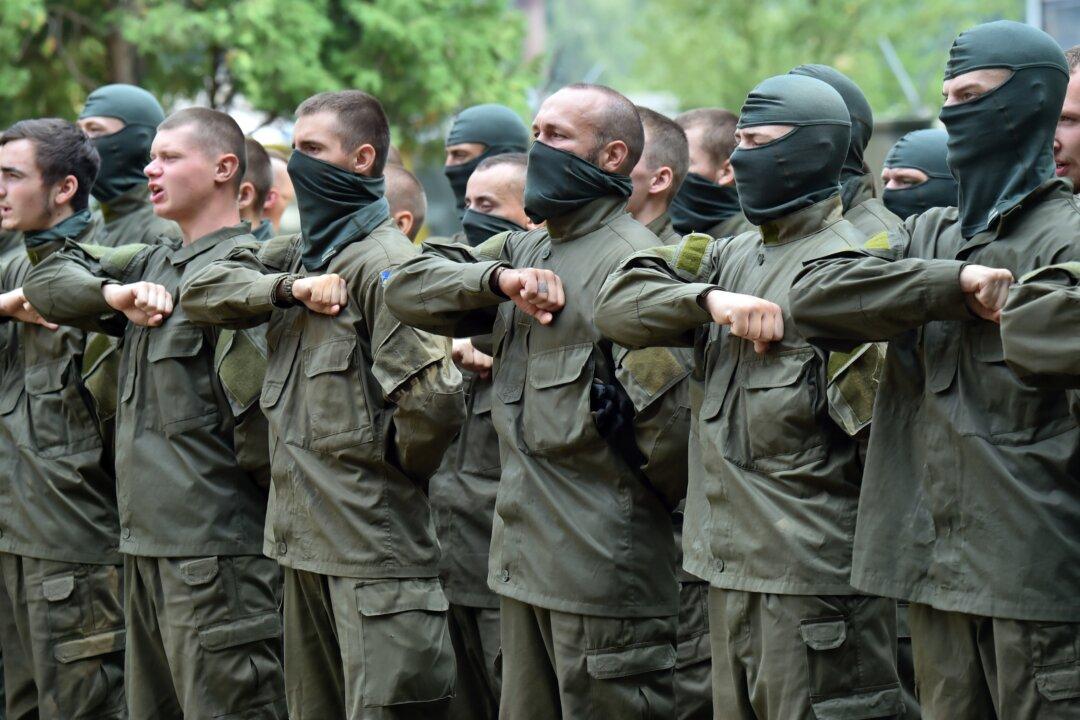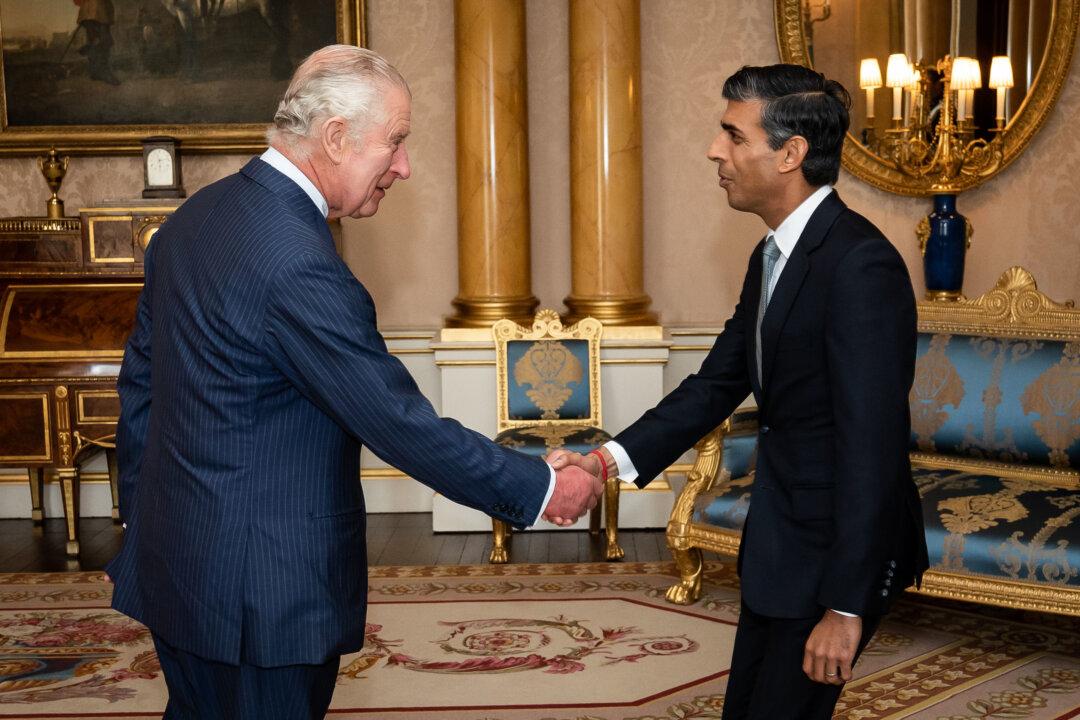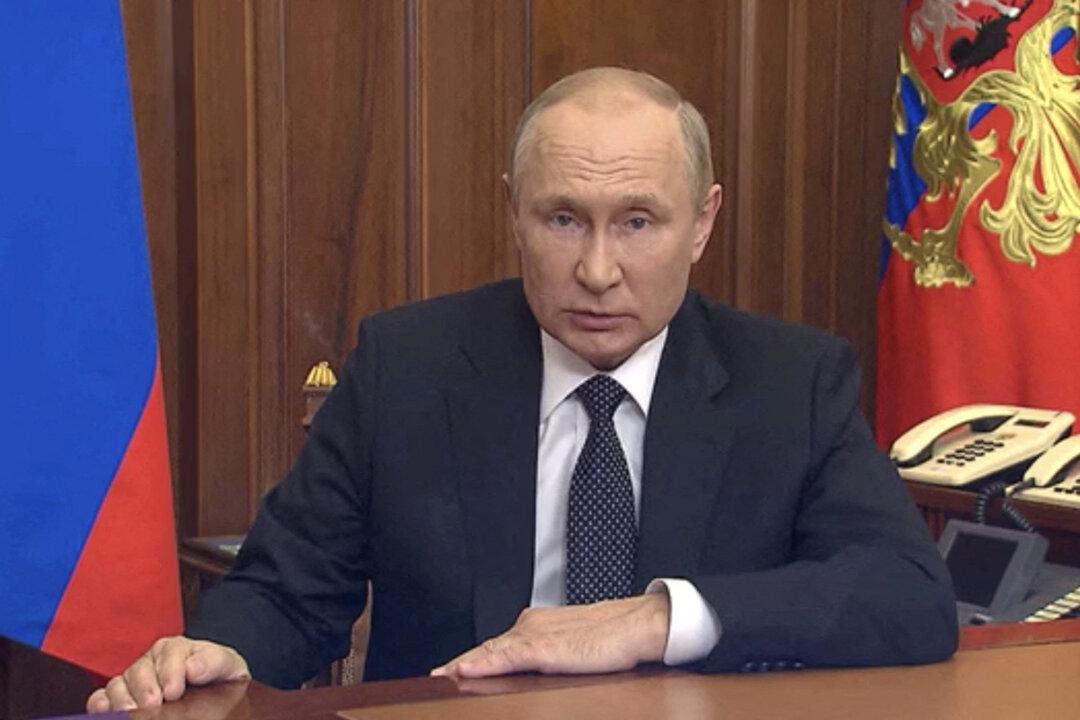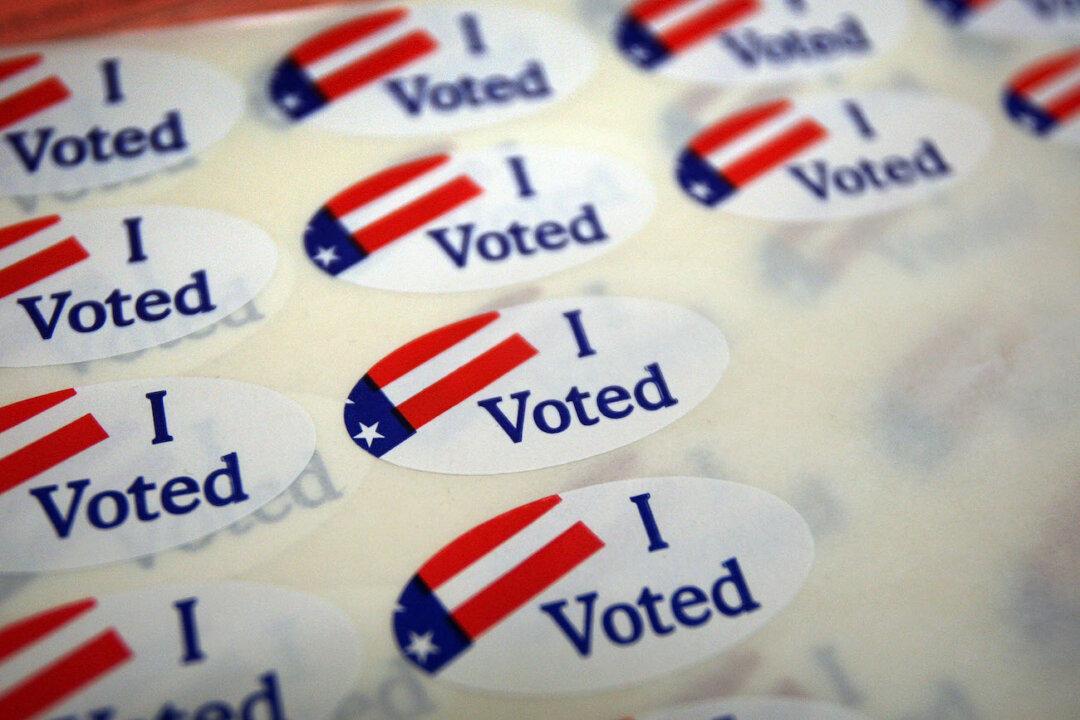Commentary
As the war in Ukraine grinds on, the UK is stepping up its support for the embattled nation by training new recruits for its depleted army on British soil. When I recently contacted the Ministry of Defense (MOD) for details I was informed, “The UK-led training programme has capacity to train up to 10,000 Ukrainian soldiers every 120 days.”





